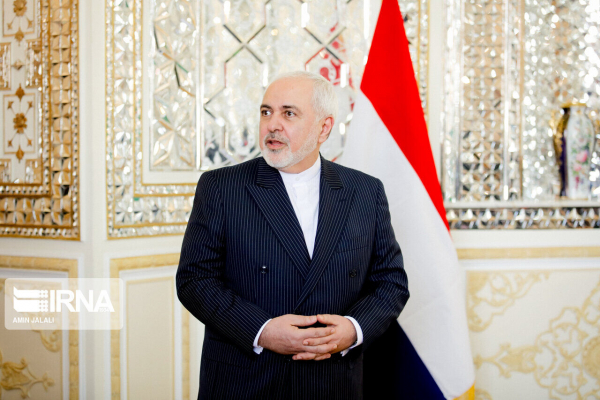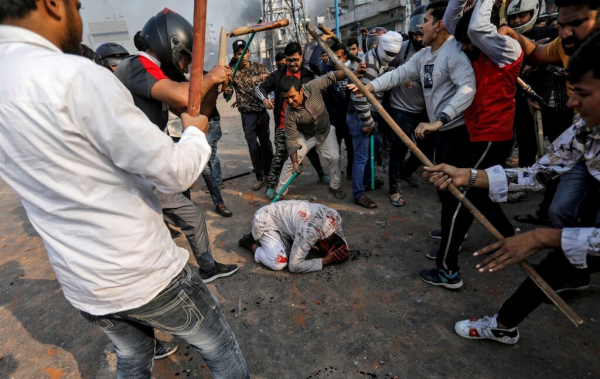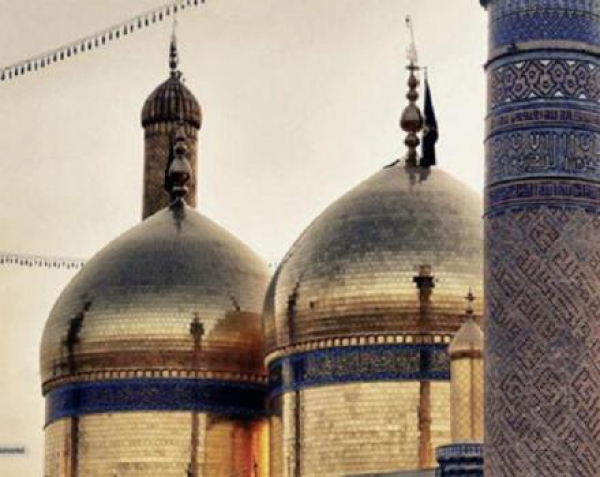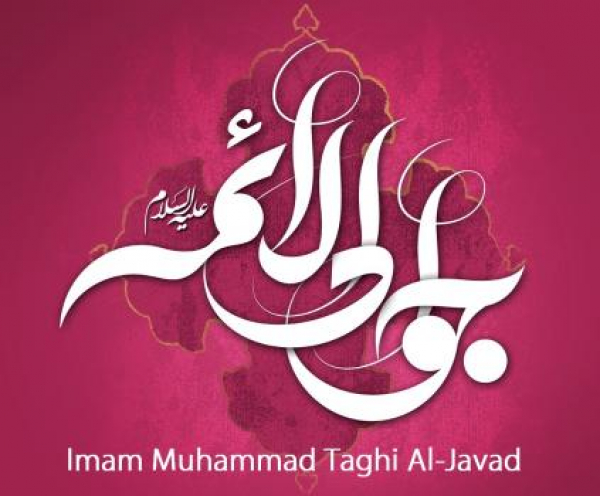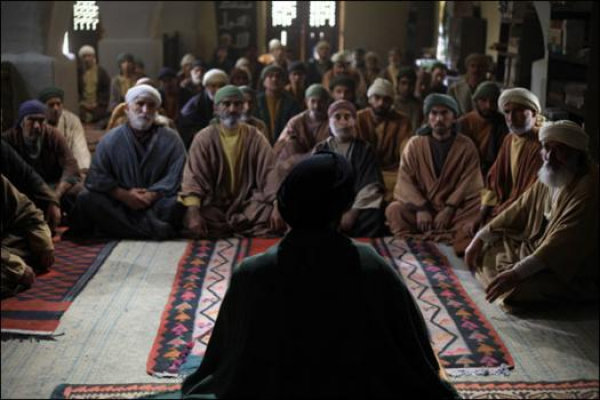Who Was Imam Muhammad Taqi Al-Jawad? (4)
Preaching and Guidance
His speech used to be very attractive and effective. Once, during Haj period, standing amongst the congregation of the Muslims he delivered a sermon propounding the edicts of the Shariat so beautifully that very eminent scholars were amazed and spellbound. They had to admit that never before they had heard such a consummate speech.
During the time of Imam Reza (AS) a group of people had come to the fore which entertained the belief that the chain of Imamate had ended with Imam Musa Kazim (AS) i.e., they did not acknowledge Imam Reza (AS) as an Imam after him. They were called Waqfiya. During his tenure Imam Muhammad Taqi (AS) so successfully explained the factual position to this sect that all of them abjured their stance and during his lifetime itself not a single person of that creed was left.
A large number of scholars of high standing acquired from him the true knowledge of the teachings of the house of the Prophet (SAW). There is also a treasure of his short and sagacious sayings of the same pattern as are ascribed to his forefather, Imam Ali ibn Abi Talib (AS). The sayings of Imam Muhammad Taqi (AS) occupy a special place after those of Imam Ali (AS). There are also extant some of his sermons of high standard on the subjects of Divinity and Oneness of God.
Last Journey to Iraq
Mamun left this world in the year 218 A.H. Thereafter, his brother and Ummul Fazl's uncle Mutaman who had been appointed heir apparent after the demise of Imam Reza (AS) occupied the throne. He came to be known as Mutasim Billah Abbasi. Soon after, the frequency of letters from Ummul Fazl complaining against Imam Muhammad Taqi (AS) (as she had earlier sent to Mamun) increased. Since Mamun had wedded his daughter to Imam Muhammad Taqi (AS) in the face of opposition of the entire clan of Bani Abbas it was, therefore, by way defending his action and maintaining the honour of his words that he did not pay any particular attention to these complaints.
Instead, the replies that he sent to her were so disappointing that they silenced his daughter. Nevertheless, Mutasim was still having in his bosom the scar caused by the shock of the appointment of Imam Reza (AS) as heir apparent. Moreover, he had been in the forefront of the entire Bani Abbas clan in opposing Mamun's decision to induct Imam Muhammad Taqi (AS) as his son-in-law He was now giving importance to the complaints of Ummul Fazl to justify his opposition to her wedding with Imam Besides, there were other causes too that incited Mutasim against Imam Muhammad Taqi (AS). Most important of them were the attraction of the people towards his meritorious scholarship and his winning manners that had spread unto Iraq, transcending the boundaries of Hijaz.
Moreover, there was that deep-rooted animosity which his ancestors had nurtured against the forefathers of Imam Muhammad Taqi. Furthermore, there was the realization of the failure of that diplomacy and planning that lay behind the solemnization of this marriage. All these factors and considerations made Mutasim hostile towards the Imam (AS). Consequently, in the second year of his rule he called Imam Muhammad Taqi (AS) fron Medina to Baghdad. He wrote an urgent letter in this regard to Abdul Malik, he governor of Medina. Imam Taqi (AS) was forced to go to Baghdad, leaving behind Imam Ali Naqi (AS) and his mother in Medina.
Propagation of Mourning of Husain (AS)
Along with the propagation of the tenets of the true faith, Imam Reza (AS) also had the opportunity now to carry forward the mission of condoling the martyrdom of Husain (AS), the foundation for which had been laid earlier by Imam Muhammad Baqir (AS) and Imam Jafar Sadiq (AS). But those were the days when only such people used to visit those Imams (AS) who recognized them and had faith in them as their Imams or as religious scholars. Now the position was different. Imam Reza (AS) was not only a spiritual leader but also the heir apparent of the caliphate.
Therefore, the circle of the visitors attending his court was now much wider. The place (where the Imam had settled) was Marw, which is situated almost in the center of Khurasan, Iran . People thronged in from all sides and the condition of the Imam (AS) was such that the moment the new moon of Muharram was sighted tears would start flowing from his eyes. Others were also induced and stimulated to remember the calamities that befell the progeny of Muhammad (SAW) and manifestly exhibit their grief and sorrow. The Imam (AS) also used to say: “whosoever attends the Majalis where the events of our lives are narrated shall not have a dead heart on the day when the hearts of all others shall be dead.'
The word Majlis, the technical name for gatherings wherein the tragic account of Imam Husain (AS) is narrated, is derived from the above tradition of Imam Reza (AS). He began holding Majalis himself wherein some time he personally would be the narrator and others would sit in audience. For instance, on a particular occasion when Rayyan bin Shaib attended one of the Majalis, the Imam (AS) himself recounted the sufferings of Imam Husain (AS). On the other occasions when poets like Abdullah bin Thabit or Debal Khuzai would be present, the Imam (AS) would order them to recite verses about Imam Husain (AS). Thus, one of them would ‘be the narrator and the Imam (AS) he would be among the audience.
The Imam (AS) gave a costly robe to Debal at the end of a Majlis. Debal showed reluctance saying that he did not need a costly robe. Instead, he requested for some used garment of the Imam (AS). The Imam (AS) readily agreed and along with the robe, he gave him a used gown of his own. This event in a way laid down two guidelines pertaining to the Majalis. One is the lofty ideal for Zakir (one who addresses the Majlis) that he should not address Majlis for worldly rewards, or he should, God forbid, settle terms in advance. The other is for the person who arranges the Majlis that he may offer some thing to the Zakir but without any prior agreement.
Martyrdom
After the arrival of the Imam (AS) in Baghdad , Mutasim apparently did not treat him with any kind of harshness. Nevertheless, his stay there was in itself by way of compulsion which can I called nothing but a sort of forcible confinement. Thereafter, his life was brought to an end with the same secret weapon that had been used before in the case of the elders of his household. He was martyred by poisoning on 29th Zee al-Qadah 220 A.H. was buried adjacent to his esteemed grandfather Imam Musa Kazim (AS).
By virtue of his sharing of the place, the city came to be known as Kazmain, according to Arabic grammar (which means two Kazims, that is, two persons who restrained their anger). In assigning this name to the city the appellative of Imam Musa Kazim (AS) was clearly given prominence. On the other hand, present the railway station in Kazmain is known as Jawadain (that is the two jawads or two generous persons). In this case, the appellative of Imam Muhammad Taqi (AS) has been prominently displayed as he was called Jawad as well as Taqi.
Razvi Sadaat
It is a fact that the Sadaat who are known as Razvi are Taqvi in reality i.e., the descendant of Imam Muhammad Taqi (AS). If Imam Reza (AS) had any male issue other than Imam Muhammad Taqi (AS), his descendants would call themselves Razvi with a view to distinguish themselves from others and those of Imam Muhammad Taqi (AS) would call themselves Taqvi. However, as the progeny of Imam Reza (AS) thrived only through Imam Muhammad Taqi (AS), and by virtue of being the heir apparent of the Abbasid regime his personal reputation had widely spread amongst the Muslims in general, all his descendants came to be introduced with reference to him and are thus known as Razvi.









